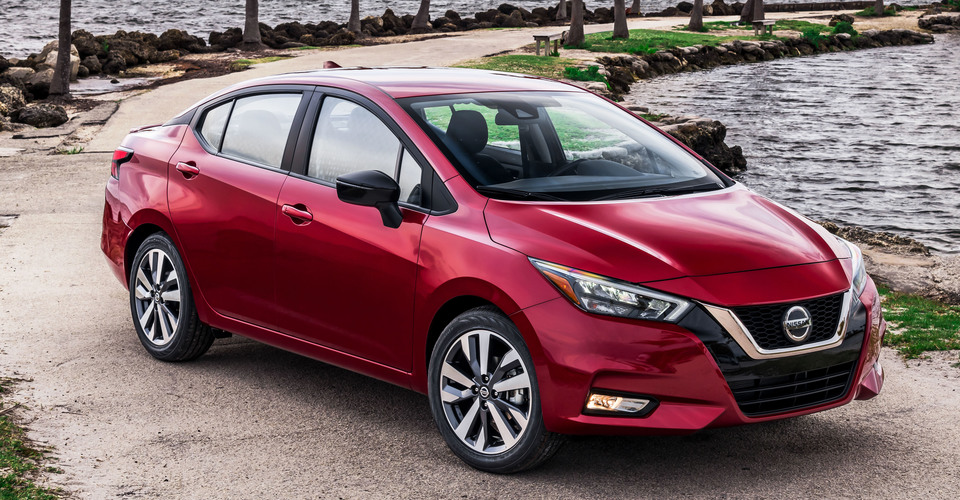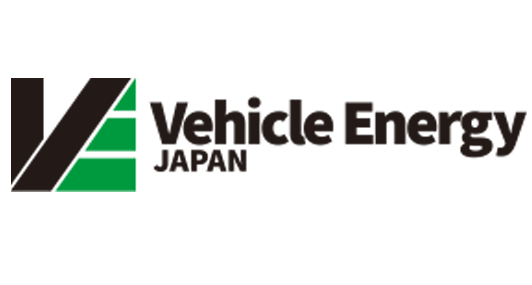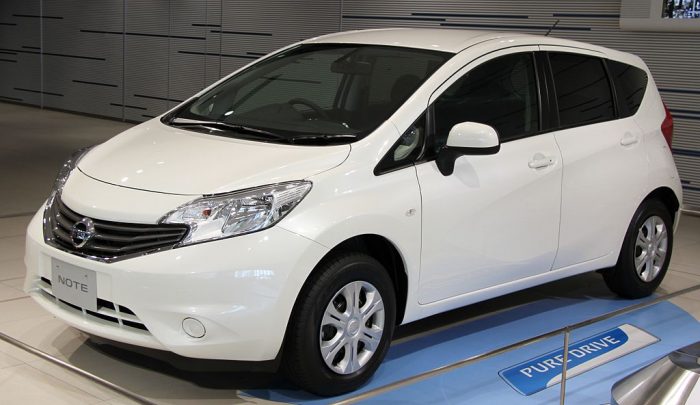Now Reading: Nissan to cut back more in new plan to focus on US, Japan, China
-
01
Nissan to cut back more in new plan to focus on US, Japan, China
Nissan to cut back more in new plan to focus on US, Japan, China

Nissan Motor will cut back from Europe and elsewhere to concentrate on the United States, China and Japan under a plan that represents a new strategic direction for the Japanese automaker, people with direct information of the plan informed Reuters.
The “operational performance plan” is set to be announced on May 28 and goes beyond repairing problems from former leader Carlos Ghosn’s aggressive expansion drive, the people stated.
Pursuit of market share, generally in the United States, led to steep discounting and a cheapened brand. With the new, three-year plan – reported here for the first time – Nissan wants to restore dealer ties and refresh lineups to regain pricing power and profitability, the people informed Reuters.
“This is not just a cost-cutting plan. We’re rationalizing operations, reprioritizing and refocusing our business to plant seeds for the future,” one of the people stated.
The plan also intends to cut competition and expand collaboration with alliance partners, the people said. Nissan will follow Mitsubishi Motors in plug-in electric hybrid vehicle technology, with the smaller peer taking the lead in Asian markets except from China and Japan. France’s Renault will likely focus on electrical vehicle technologies and in Europe.
The plan, led mostly by Chief Operating Officer Ashwani Gupta instead of Nissan’s low-key chief executive, Makoto Uchida, is aimed at freeing resources to invest in products and technology for the United States, China and Japan, the people stated.
The strategy is likely to take up to two weeks to be finalized, with sales and earnings targets complicated by the probable long-term impact on auto sales of government measures globally taken to stop the spread of coronavirus outbreak, the people said.
Under the plan, the Nissan aims to stay in the U.S. market where it is tasked with removing the perception of being a bargain-basement brand. Though its North America sales have increased, its operating margin has narrowed.
“For several years, everything was based on volume growth, then we shifted our emphasis to quality of sales, and we did it overnight,” stated one of the people. “We did it too fast, and that choked our business.”
Nissan’s U.S. models have an average age of more than 5 years. To lower that to 3.5 years, the automaker plans to introduce new and significantly redesigned cars, including a next-generation Rogue crossover SUV, the people said. It will also decrease sales to rental and other fleet operators, they stated.
Nissan has been slow to introduce models in Japan as well. Under the new plan, the automaker will launch six new or redesigned models over the next three years to bring the average lineup age to below 2.5 years from an undisclosed figure, the people said. Domestically, the average age of lineups from competitive auto brands is normally 2-3 years.
In China, Nissan’s new plan involves designing vehicles more particularly for consumers in the world’s largest auto market, rather than offering cars designed for U.S. consumers. Its China-only Venucia brand will need to be re-positioned to better reply to competition from a multitude of indigenous brands, the people stated.
Stay Informed With the Latest & Most Important News
Previous Post
Next Post
-
 01Polestar Boss Says It’s Time To Outrun BMW M And Mercedes-AMG
01Polestar Boss Says It’s Time To Outrun BMW M And Mercedes-AMG -
 02Spy Shots: 2027 Mitsubishi Pajero Spotted in Testing Ahead of Possible U.S. Return
02Spy Shots: 2027 Mitsubishi Pajero Spotted in Testing Ahead of Possible U.S. Return -
 032026 Toyota Hilux EV: A Powerful Truck with Silent Torque
032026 Toyota Hilux EV: A Powerful Truck with Silent Torque -
![2027 Mercedes-Benz S-Class Debuts with V8 Engine [Photo Gallery]](https://speedlux.com/wp-content/uploads/2026/01/2027-Mercedes-Benz-S-Class-33-155x125.jpg) 042027 Mercedes-Benz S-Class Debuts with V8 Engine [Photo Gallery]
042027 Mercedes-Benz S-Class Debuts with V8 Engine [Photo Gallery] -
 052026 Corvette ZR1 Production Surges Past Expectations as Output Clears 1,000 Units
052026 Corvette ZR1 Production Surges Past Expectations as Output Clears 1,000 Units -
 06Spy Photos: VW ID. Polo GTI Goes Electric with 223 HP and 280 Miles of Range
06Spy Photos: VW ID. Polo GTI Goes Electric with 223 HP and 280 Miles of Range -
 07The Controversial Ford Voodoo V8 That Was Killed Off Too Early
07The Controversial Ford Voodoo V8 That Was Killed Off Too Early



![2027 Mercedes-Benz S-Class Debuts with V8 Engine [Photo Gallery]](https://speedlux.com/wp-content/uploads/2026/01/2027-Mercedes-Benz-S-Class-33-700x394.jpg)











































